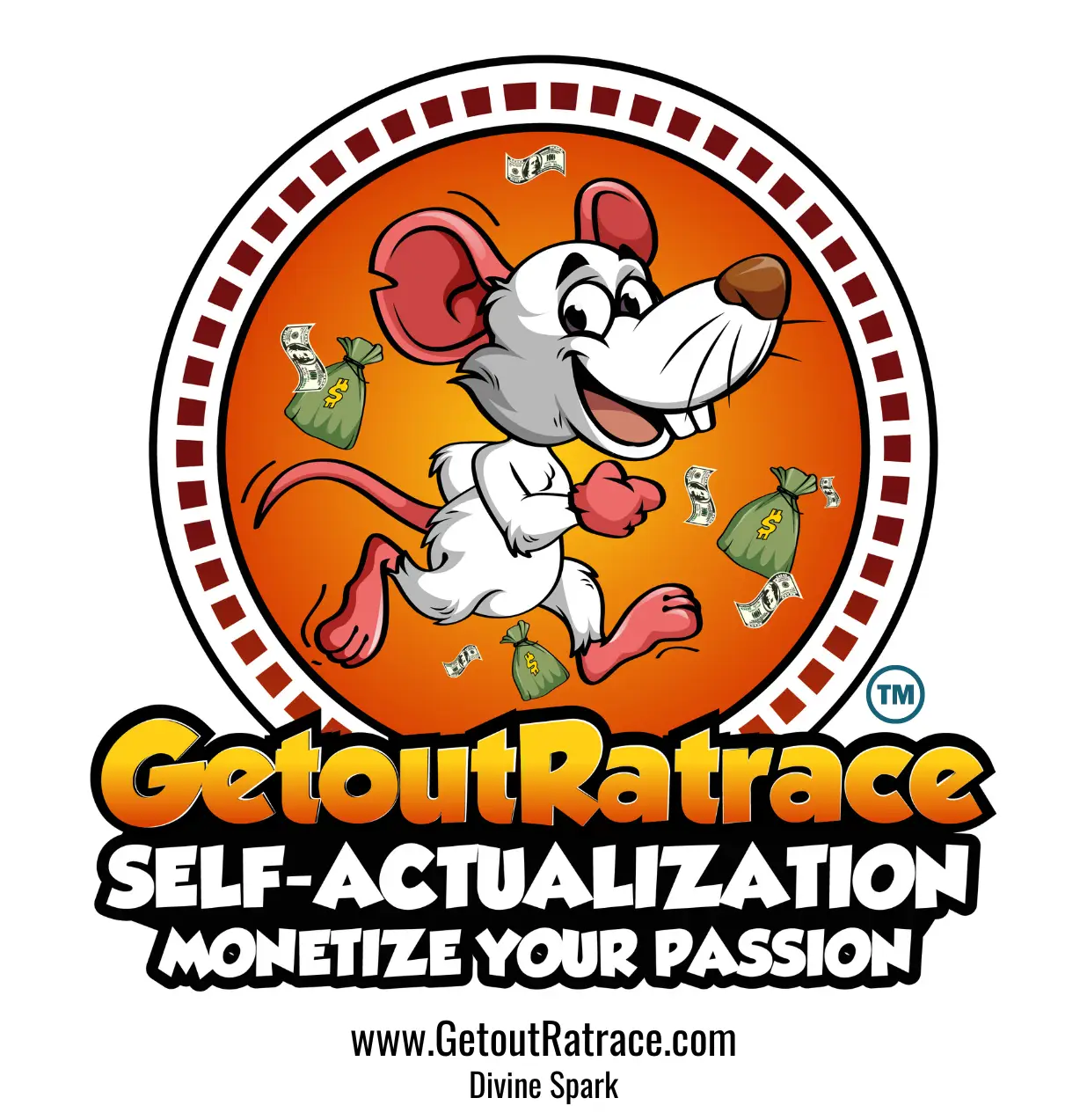SELF ACTUALIZATION
Create a website platform from your passion.
Like a driver’s license, it unlocks numerous opportunities for monetization.
Phone number
07729 866 544

The term rat race is commonly used to describe a relentless, self-defeating, or pointless pursuit in modern society. It conjures up the image of the futile efforts of a lab rat trying to escape while running around a maze or in a wheel. In the context of the modern urban environment, it often refers to the competitive struggle to get ahead financially or professionally.
At some point in their lives, many people reflect upon their participation in the rat race and contemplate ways to break free, seeking a more meaningful or balanced way of living. This can manifest in lifestyle changes, career shifts, or even moves to less urbanised environments.

The term has its roots in the post-World War II era, especially with the rise of consumerism in Western societies in the 1950s and 1960s. The economic boom led to the proliferation of white-collar jobs, suburban expansion, and the establishment of a middle class with new-found purchasing power. This fuelled desires for bigger houses, newer cars, and other material possessions. The term rat race emerged as a critical commentary on this lifestyle, highlighting its cyclical, endless, and sometimes unfulfilling nature.


Many people are seeking ways to escape or redefine the boundaries of the rat race:
In essence, the rat race is both a reflection of societal values and a challenge to individual well-being. As societal values evolve and personal priorities shift, the definition and implications of the rat race continue to be a topic of discussion and introspection.
MONETIZE YOUR PASSION
©All rights reserved 2024 Getoutratrace.com
©All rights reserved 2024 Getoutratrace.com

Get notified about new ways people monetize their passions and more. Free digital products coming soon.